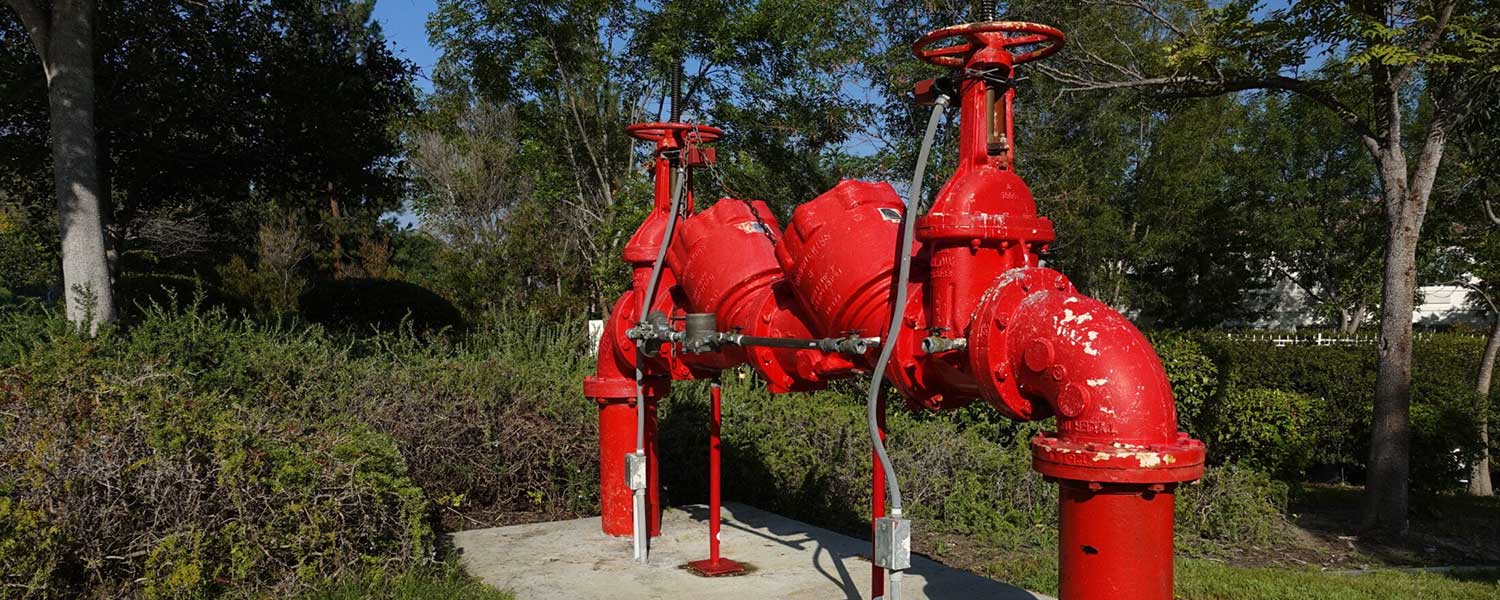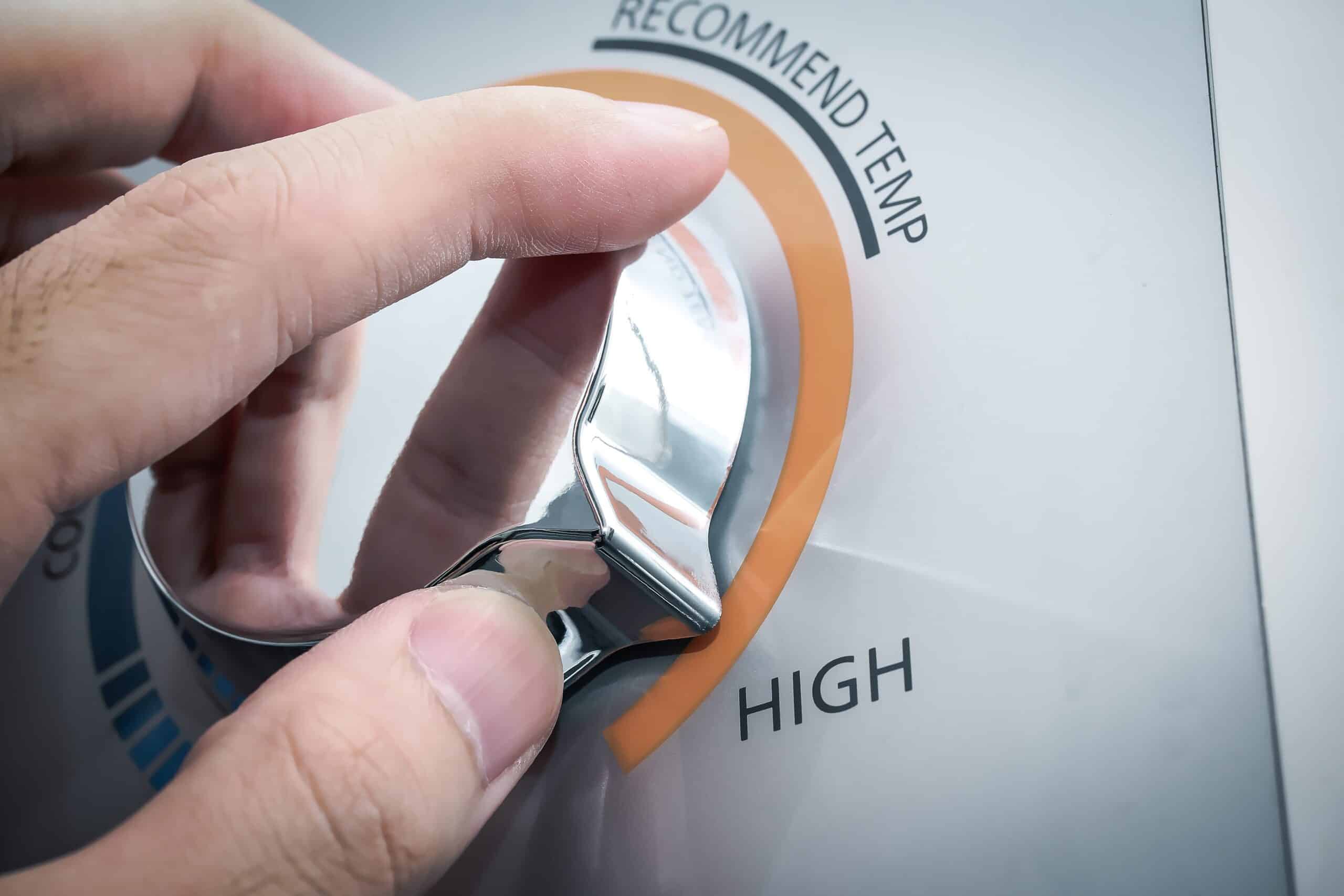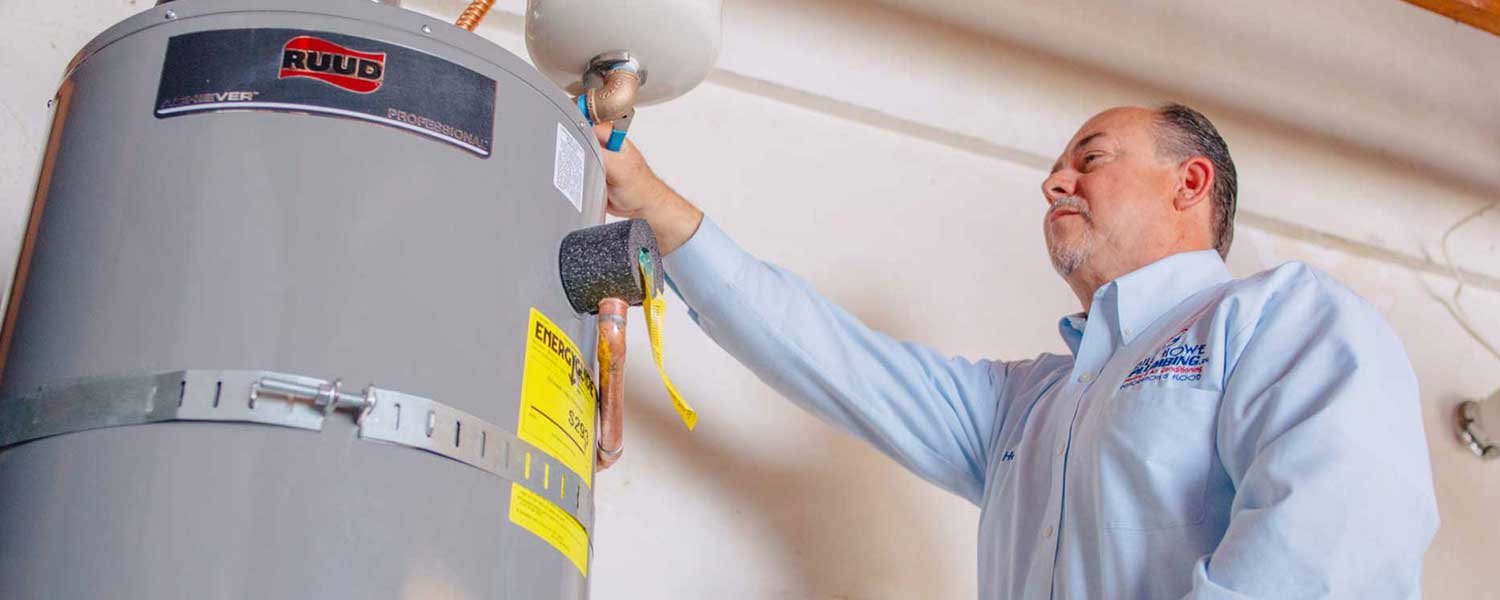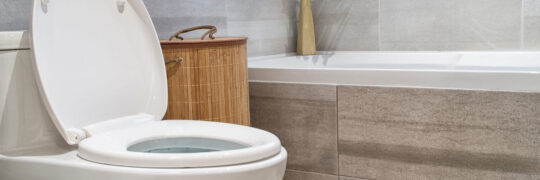The two terms are often confused, but they are not the same. If you’re looking for a water treatment to install in your home, it’s essential to know what to look for and what fits your needs best. Let’s compare the two types of systems.
How does a water softening system work?
A water softener removes particles that harden your water. This process is called ion exchange. The water tank contains tiny little plastic beads that hold sodium ions. When water goes through the resin beads, hard particles like Magnesium, Silica, and Calcium stick to the resin beads and are then replaced with sodium.
Sodium is a mineral that is not dangerous and won’t collect or scale in plumbing, appliances, dishes, or your skin. Once the resin beads are full of hard water particles, they get washed and refilled with sodium again. The process is called regeneration and typically happens every 2-10 days, depending on how big or small the water softener system is.
How does a water conditioning system work?
A water conditioner works differently than a water softener. This innovative system doesn’t eliminate particles from your water but keeps them from building up. “Water conditioner” is a broad term for a method of treating water.
There are different methods of conditioning water, but they all focus on a solution that prevents mineral particles from building up on surfaces and causing damage to your plumbing system.
Electrochemical water treatment systems use electricity to remove dissolved hardness particles. This technology is called continuous electrolytic or capacitive deionization or electrically regenerated ion exchange.
Magnetic water treatment, where the hard water passes through a magnetic field, forms microscopic residues that do not form scale on plumbing fixtures. This method is controversial since there is no scientific consensus about its effectiveness.
Electrically induced precipitation is a direct electrical current to precipitate water hardness. Then the hardness precipitate forms on an electrode and must be cleaned periodically.
Template-assisted crystallization uses resin beads to convert dissolved hardness ions to microscopic-scale resistant crystals. The fluidization of the beads creates agitation that releases the microscopic crystals and allows for new crystals to keep forming. Once these crystals are released from the resin beads, they will not accumulate on plumbing surfaces.
Water conditioner vs. water softener: what’s the similarity?
Are water conditioners and water softeners similar? Not really. Both systems are there to solve the issue of hard water, which is what they call water that is rich in minerals. These minerals (most commonly Calcium, Magnesium, and Silica) can damage the water pipes, appliances, and heat-exchange surfaces in a building. As time passes, lines can get clogged from the minerals building up. Hard water is a serious issue for a home or a business that needs to be maintained before it causes damage.
Water conditioner vs. water softener: what’s the difference?
The difference between the two water treatment systems is in their hard water treatment. A regular water softener removes mineral ions, leaving only a small amount of them in the water. Then the softener replaces these mineral particles with salt. This process is referred to as ion exchange.
While a water softener is the traditional way to go, a water conditioner is the innovative solution. This system determines the way Silica, Magnesium, and Calcium behave. It changes the particles’ chemistry. They are not removed but no longer create issues by building up in pipes and other surfaces. The minerals that make your water hard benefit you; thus keeping them in is a good idea. As long as you make sure the particles don’t build up and damage your plumbing system, there’s no need to get rid of them.
While both water softeners and water conditioners minimize water hardness, a water conditioner typically also addresses other water problems, such as biological contamination with bacteria and algae. This is what we call biofilm; it can build up over time just like minerals and cause the same damage to your home. A water softener won’t tackle the biofilm issue.
Is softened and conditioned water safer to drink?
Water softeners focus on the problem of hard water and don’t remove any other matter, such as organic contaminants and algae. It’s recommended to install an additional filtering system for your drinking water if you use a water softener for your home.
Meanwhile, conditioned water is safe to drink in the majority of cases.
Should I get a water softener or water conditioner?
There are pros and cons to both types of water treatment systems. Water softeners are recommended more often since by effectively removing the hardness particles from your water, they keep them off your clothes and your skin, besides keeping them out of the plumbing system.
You might want to look into a filter or reverse osmosis system to keep your drinking water clean from any contaminants or sodium. Together with a water softener, particles of Sodium, Iron, Chlorine, etc., will be removed from your drinking water.
Combining both systems, unfortunately, isn’t a viable option, as one cancels out the other. Using a water conditioner before a water softener will make the ion exchange in a water softener ineffective. And if you use a water softener first, it will leave nothing for the water conditioner to operate with, deeming it useless.
Call us today
Do you have any questions about different water treatment systems? Still unsure of the water softener vs. water conditioner differences, and which would suit your home or business better? Call us at Bill Howe to book an appointment. We will help you determine the most effective and safe hard water treatment for your unique needs.




